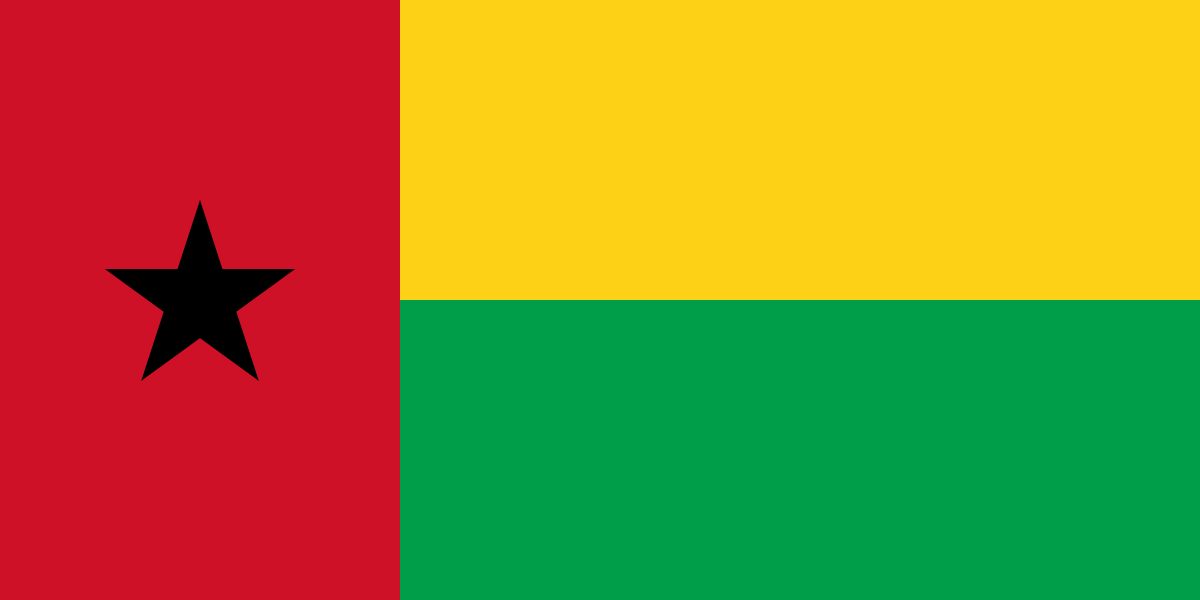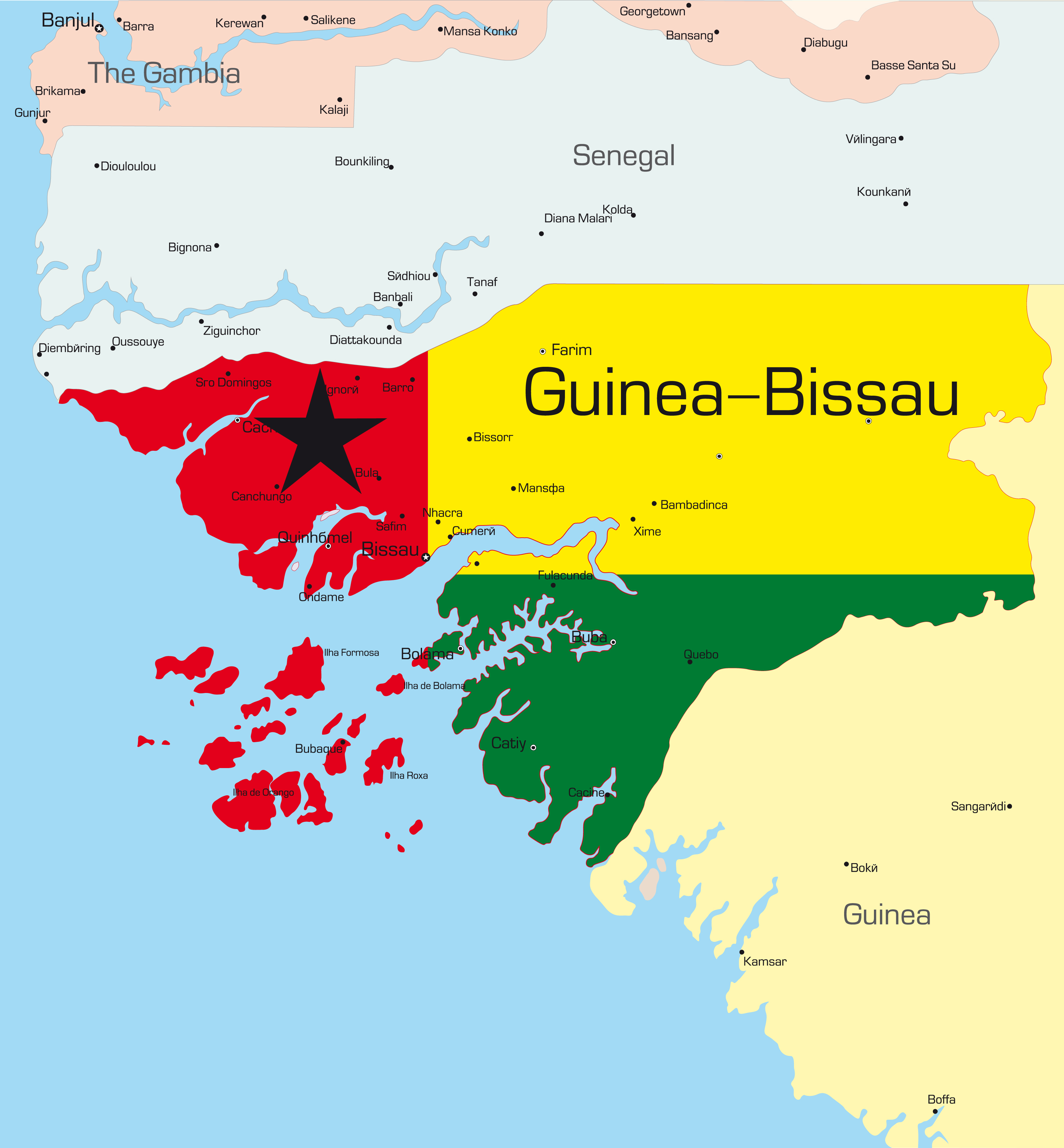About country
 |
 |
Guinea-Bissau
A neighbor of Senegal and Guinea in West Africa, on the Atlantic coast, Guinea-Bissau is a low-lying coastal region of swamps, rain forests, and mangrove-covered wetlands, with about 25 islands off the coast. The Bijagos archipelago extends 48 km out to sea.
The land now known as Guinea-Bissau was once the kingdom of Gabú, which was part of the larger Mali empire. After 1546 Gabú became more autonomous, and at least portions of the kingdom existed until 1867. The first European to encounter Guinea-Bissau was the Portuguese explorer Nuño Tristão in 1446; colonists in the Cape Verde islands obtained trading rights in the territory, and it became a center of the Portuguese slave trade. In 1879, the connection with the islands was broken.
The African Party for the Independence of Guinea-Bissau and Cape Verde (another Portuguese colony) was founded in 1956, and guerrilla warfare by nationalists grew increasingly effective. By 1974 the rebels controlled most of the countryside, where they formed a government that was soon recognized by scores of countries. The military coup in Portugal in April 1974 brightened the prospects for freedom, and in August the Lisbon government signed an agreement granting independence to the province. The new republic took the name Guinea-Bissau.
 |
 |
Only 14% of the population speaks the official language of Portuguese, made the language of government and national communication during the colonial years. 44% speak Kriol, a Portuguese-based creole language, which is effectively a national language of communication among groups. The remainder speak a variety of native African languages unique to ethnicities. Most Portuguese and Mestiços speak one of the African languages and Kriol as second languages.
Throughout the 20th century, most Bissau-Guineans practiced some form of Animism. In the early 21st century, many have adopted Islam, which is now practiced by 50% of the country’s population. Most of Guinea-Bissau’s Muslims are of the Sunni denomination with approximately 2% belonging to the Ahmadiyya sect. Approximately 10% of the country’s population belong to the Christian community, and 40% continue to hold Indigenous beliefs.